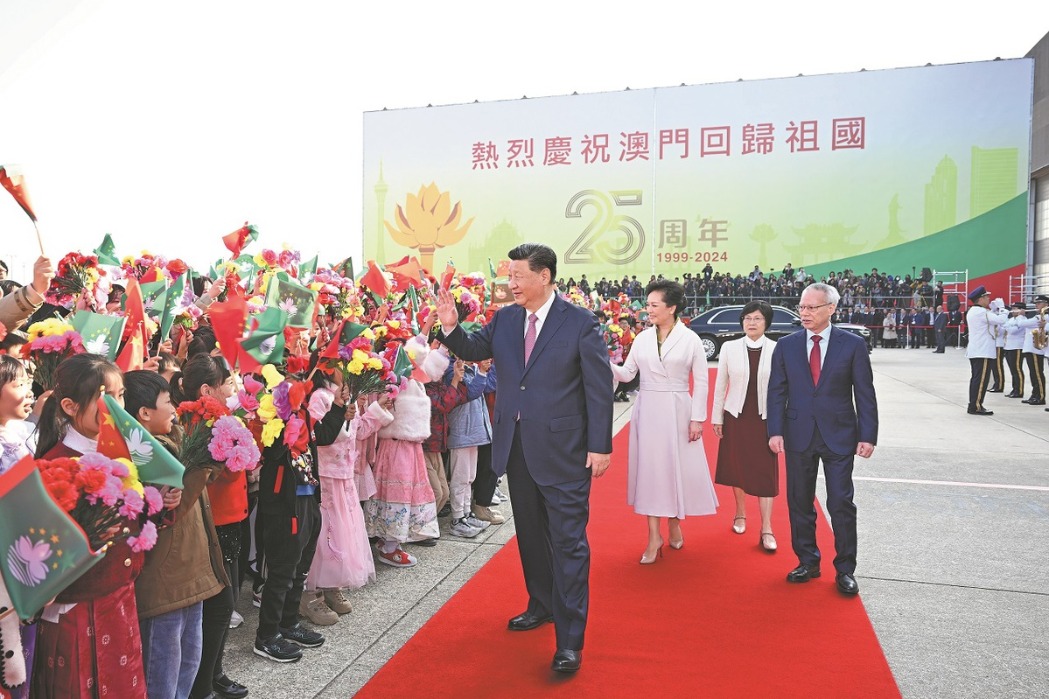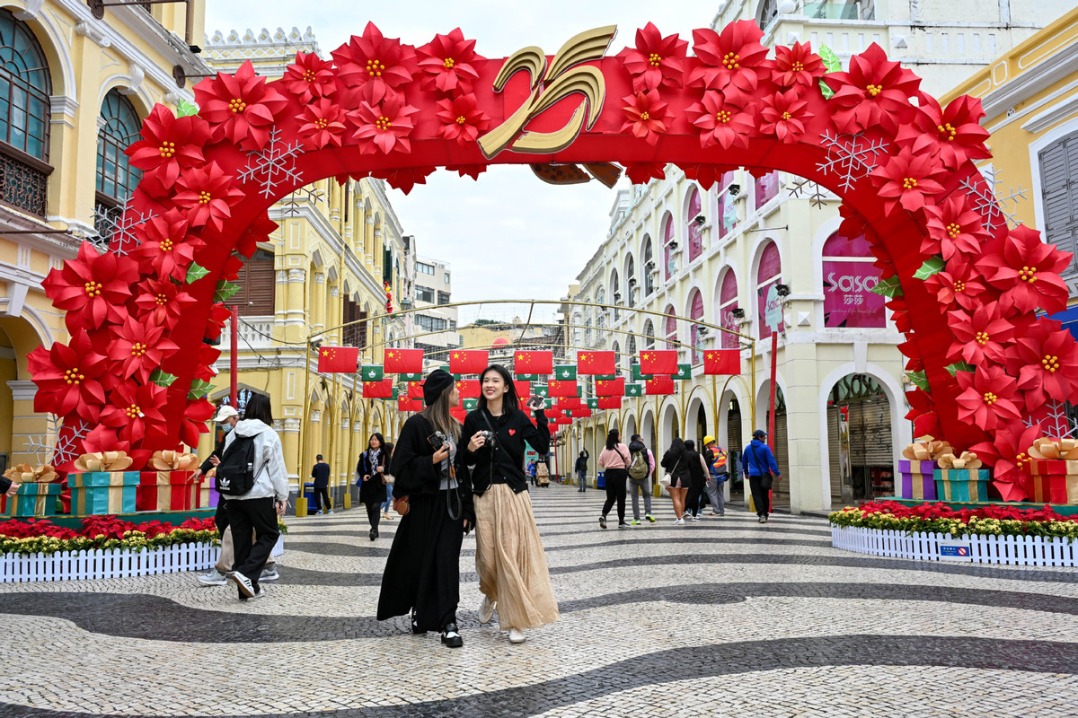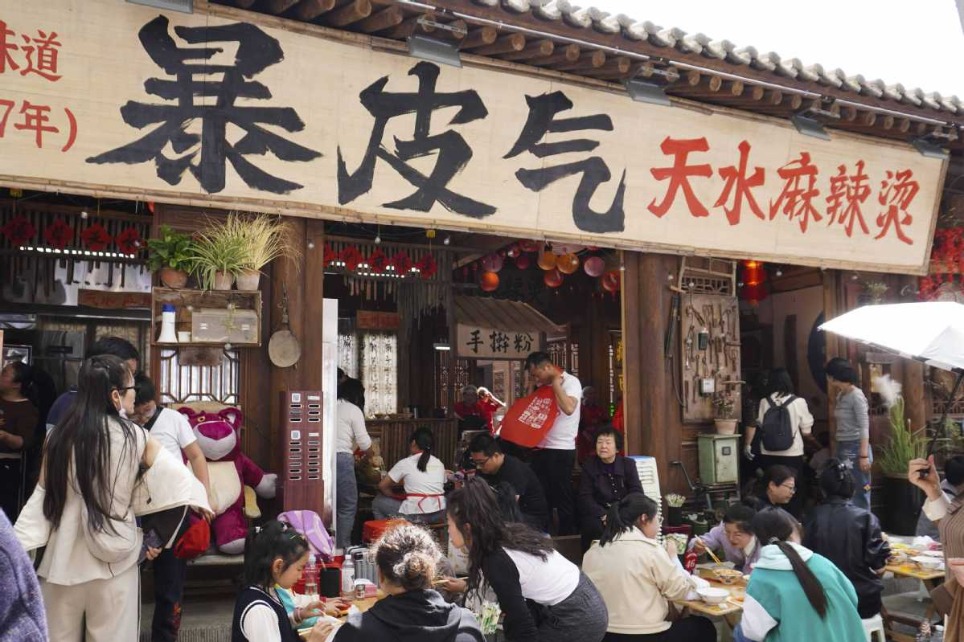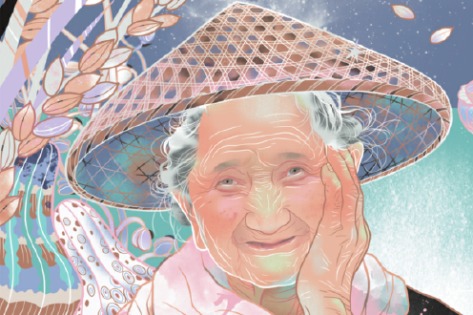Even after retiring, people can enjoy a colorful life

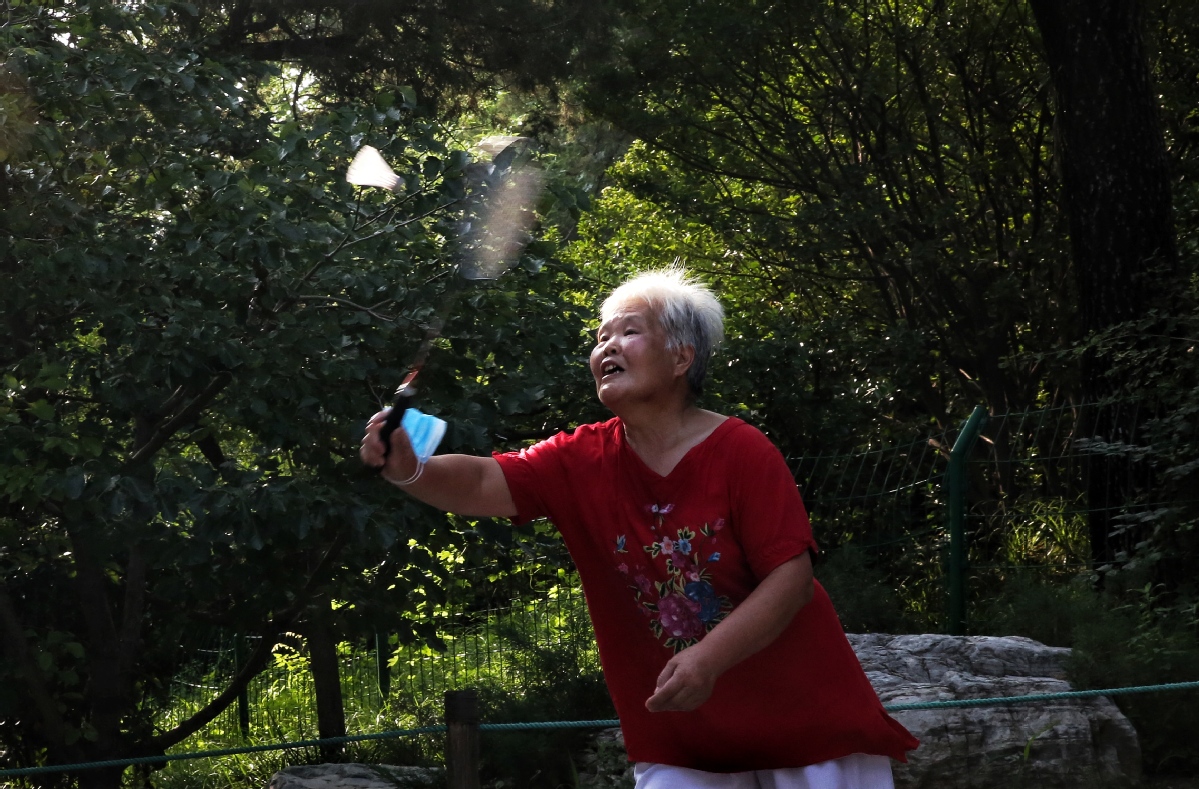
Editor's Note: China's remarkable achievements in economic development, environmental protection and public healthcare have increased life expectancy, but they have also created a new challenge for the country. What should China do to meet the aging society challenge? In the second of a series of commentaries, a senior journalist with China Daily looks for the answers:
What to do after retirement? That's the question most retirees ask themselves. Since my retirement two years ago, I too have been trying to find an answer to the question, among other things, by observing what other retirees are doing to adjust to their new daily routine.
By the end of 2019, China had 250 million people aged above 60, the official retirement age, and more than one-third of them lived in urban areas. Since it is mandatory for urban residents to contribute to the social security fund during their working years, they receive a pension ranging from 2,000 yuan ($302.40) to 10,000 yuan a month, enough to live a decent life. But retirees in rural areas, where the social security system was introduced later, the elderly still depend on their children post-retirement for their upkeep, though the government provides a subsidy of about 200 yuan per person per month which is hardly enough to pay even for food.
Since Chinese people have strong family bonds, many retirees take care of their grandchildren. Although fewer and fewer parents and their grownup children live together in cities, the parents still consider it their duty to take care of their grandchildren. In rural areas, on the other hand, many people leave their children in the care of their elderly parents and move to cities to get better-paying jobs.
As exhausting as looking after a child is, many grandparents seem to enjoy it. In the elevator of my apartment building, I once overheard an old couple complaining that their daughter-in-law's parents were not skilled or experienced enough to take care of their grandson, and therefore they should let them take care of the child.
But a more meaningful choice would be to attend a university course for senior citizens. China has thousands of such colleges where subjects such as literature, music, dancing, calligraphy, painting and handicraft are taught. According to data, more than 8 million elderly people have enrolled in government-sponsored universities. For about 150 yuan, a senior citizen can enroll in a one-year course. But since the waiting list in such universities is long owing to too many applicants, local communities run classrooms offering free courses to meet the needs of the elderly.
However, square dancing is by far the most popular recreational activity for veterans. Senior citizens gather in parks, squares and other open spaces any time between 6:00 am and 10:00 pm to practice and enjoy group dancing-from waltz to rumba and yangko to Uygur dance. Dancing helps the elderly not only to get enough physical exercise but also gives them an opportunity to chat with their peers, which adds some color to their otherwise lonely life.
I remember that in the run-up to the Beijing 2008 Olympic Games, registering as a volunteer for the Games became a trend among the elderly. In fact, half of the volunteers were senior citizens, because they wanted to contribute more to society.
Also, many retirees love traveling, though they can do so freely before they reach 70, because many travel agencies refuse to include people aged above 70 in tour groups to avoid dealing with medical and other emergencies. In many cases, overseas tours for the elderly are booked and paid for by their grown-up children, and about half of the outbound group travelers are senior citizens. So big is the market that many travel agencies organize chartered flights and trains for elderly people, including those above 70.
Besides, quite a few retired people have taken up photography as a hobby. As such, it is not unusual to see people aged 60 or above, well equipped with additional lenses and tripods, focusing their cameras on birds, flowers or the landscape. Japanese companies alone sell about 1 million sets of single-lens reflex cameras in China every year, mostly bought by senior citizens.
Not surprisingly, therefore, last year's China Central Television survey of happiness index showed people aged 60 or above were the happiest with 49.72 percent of the elderly respondents saying so compared with the average 43.81 percent for all age groups.
It seems retired life is not as bad as it appears to be.
The author is former deputy editor-in-chief of China Daily.


















